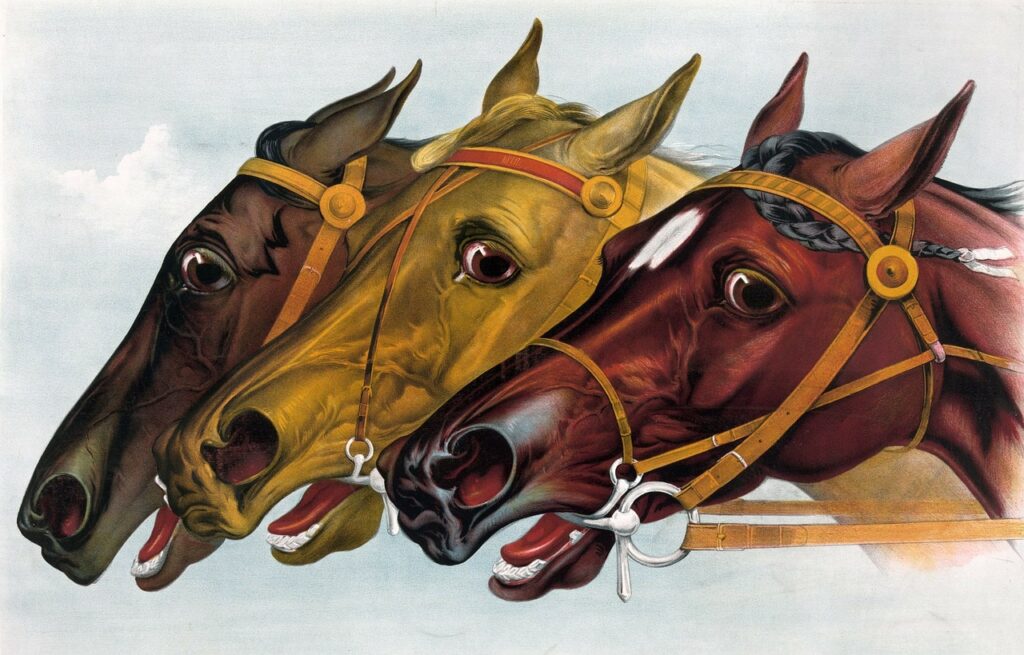Thoroughbred horses, auto racing, massive ranches, luxury hotels. The hobbies and side businesses of the ultrawealthy create huge write-offs that can let them get away with paying little or no income tax for as much as a decade at a time.
When the Kentucky Derby allowed spectators to return this spring, after the pandemic had curtailed attendance in 2020, the mood was euphoric. Under cloudless skies, ladies swanned about in colorful broad-brimmed hats and gentlemen donned seersucker suits, the trademark pageantry of the sport of kings.
The sport’s royalty, including the billionaire owners of thoroughbreds, was well represented. Basking in the glory of their racehorses’ appearance on the most prestigious stage in the world, they knew all but one of them would see their colt or filly suffer defeat. A victory would bring not only a seven-figure purse, but possibly also tens of millions of dollars in breeding rights over years to come.
Even if their horses finished far out of the money, some owners had a salve for the sting of defeat: tax write-offs. Six of the 20 thoroughbreds selected to run in this year’s Derby were owned by ultrawealthy Americans whose horse-racing operations have produced a combined $600 million in losses that they could use to offset their federal taxable income, according to ProPublica’s analysis of IRS data.
Among them was Paul Fireman, who made his fortune by turning the shoe company Reebok into a household name before selling it to Adidas in 2005 for $3.8 billion. Fireman was new to the endeavor, but he’d already spent millions building a professional horse-racing operation, including dropping almost $1 million on a single thoroughbred, a descendant of a Preakness winner. His horse, King Fury, was scratched from the Kentucky Derby after spiking a fever.
.
For the Full Article (Web): Press Here
.
by Paul Kiel, Jesse Eisinger and Jeff Ernsthausen, December. 8, 2021, published on ProPublica






